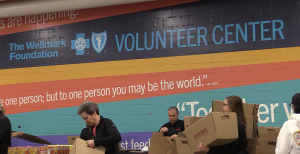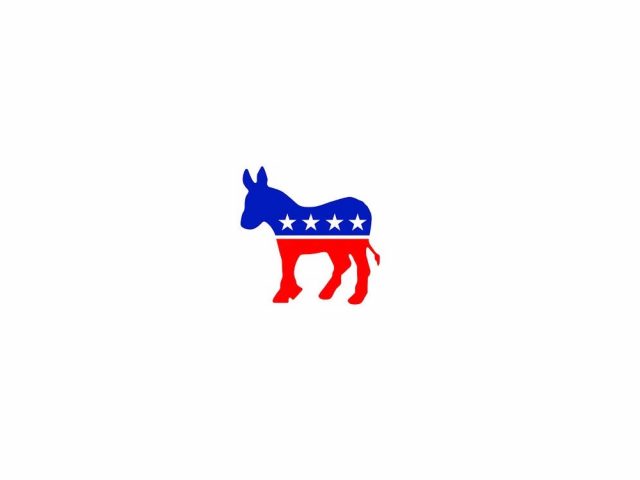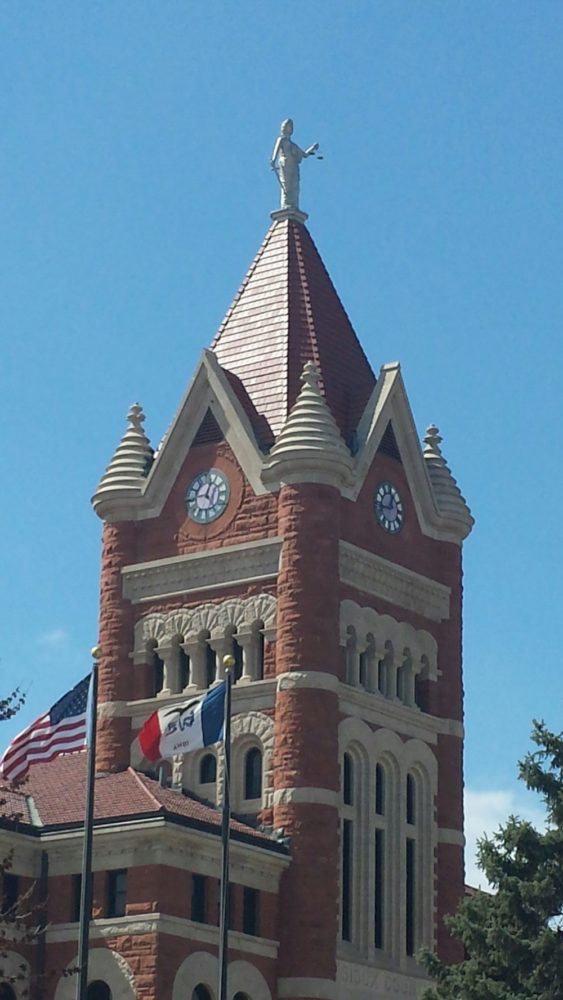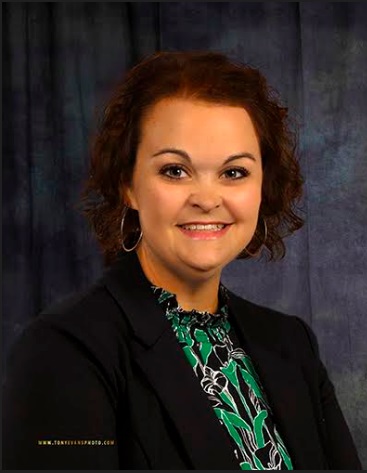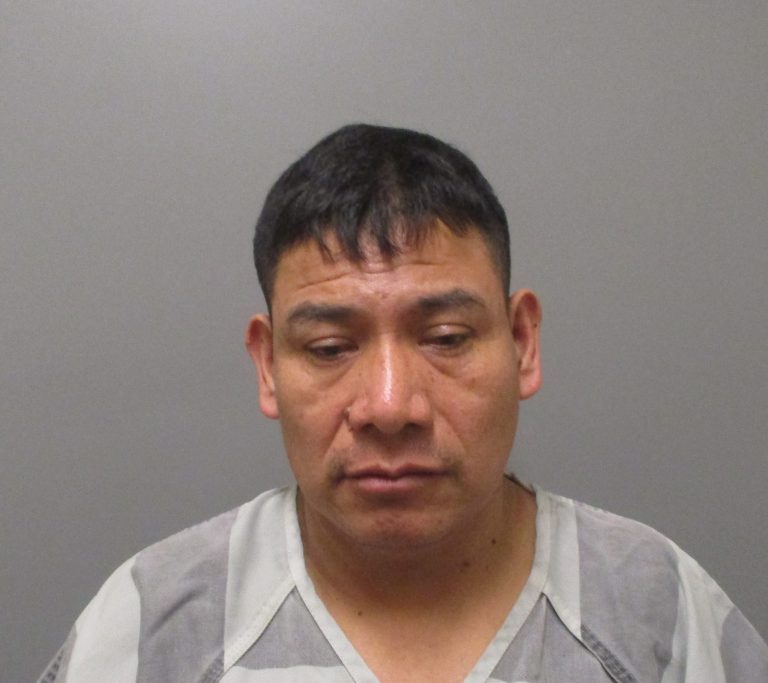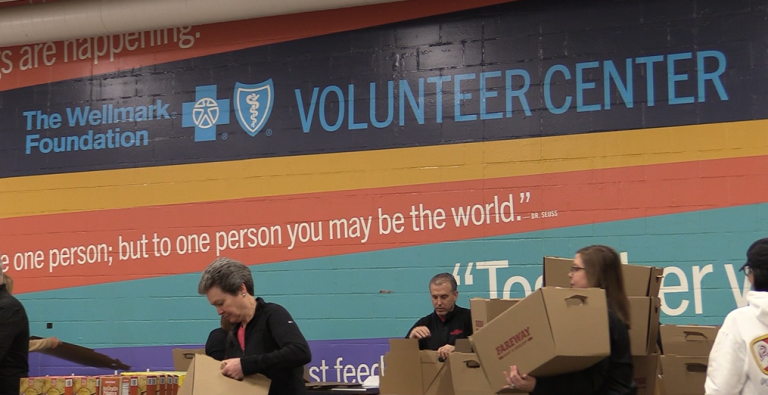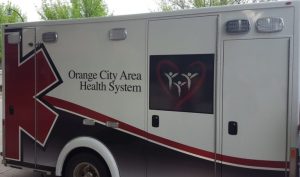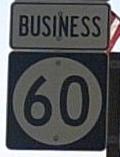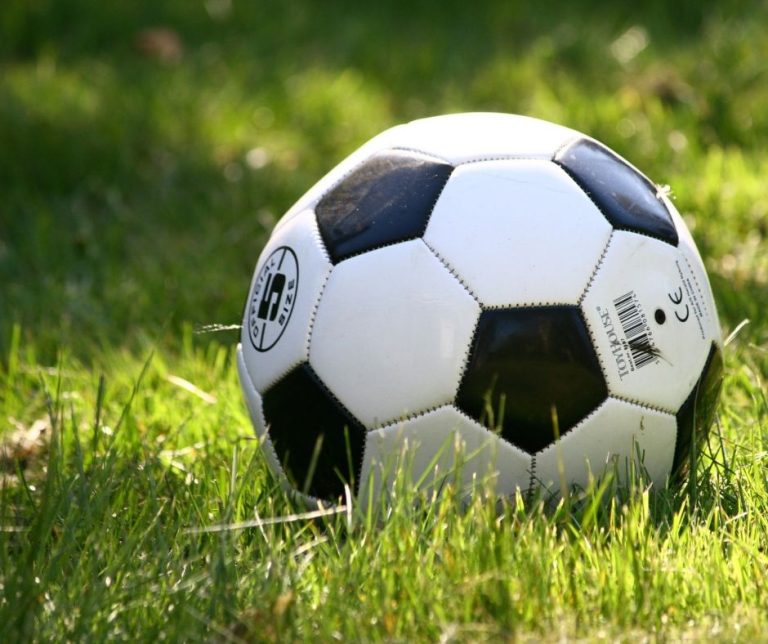Statewide Iowa — Treestand incidents can happen to deer hunters regardless of skill level or experience and result in serious injury or even death. Unfortunately, in nearly every case, these incidents were preventable.
To help prevent injuries, the Iowa Department of Natural Resources, in partnership with Tree Stand Safety Awareness, is encouraging hunters to practice the ABCDs of treestand safety.
-Always remove and inspect your equipment
-Buckle on your full-body harness
-Connect to the tree before your feet leave the ground
-Destination: share the location of your treestand for each hunt
Jamie Cook, hunter education coordinator for the Iowa Department of Natural Resources says hunters should take treestand safety seriously. Hunters can become comfortable, even negligent at times and can fail to follow the ABCDs of treestand safety. By performing these three simple steps, treestand users can virtually eliminate their risk of falling to the ground as the majority of falls occur outside the stand.
In Iowa last year, there were eight treestand incidents, all resulting in injury, many of them serious or life-threatening.
Cook said in each of these cases, hunters had not secured their harness or had not carefully inspected their equipment prior to climbing into the stand. Unfortunately, most of these would have been prevented if the hunters had followed the ABCDs of treestand safety.
Since 1960, the Iowa DNR has provided hunter education programs for hunters across Iowa that teach safety, responsibility and ethical behaviors while in the field. Anyone born after Jan. 1, 1972, must complete the course in order to purchase an Iowa hunting license. To find a course, visit events.gooutdoorsiowa.com.

